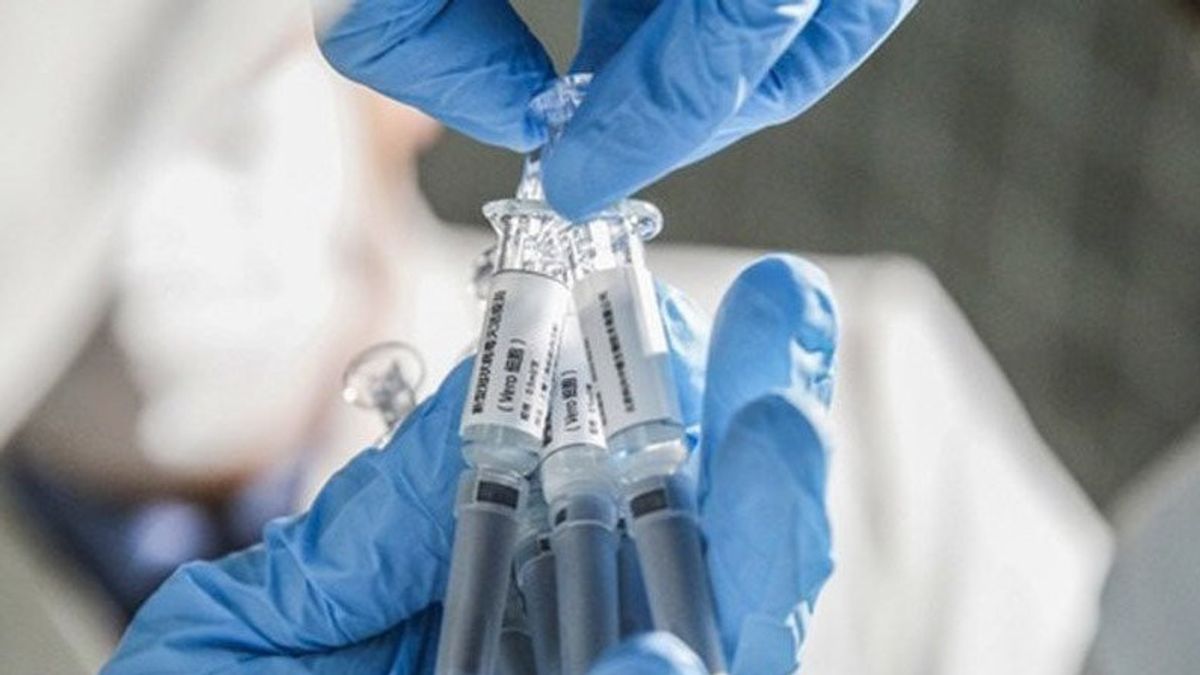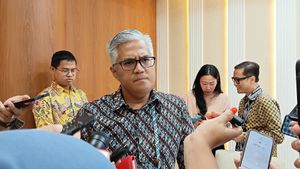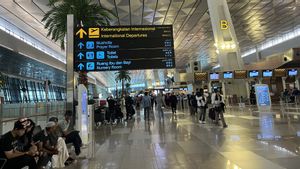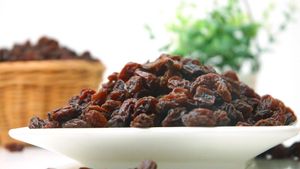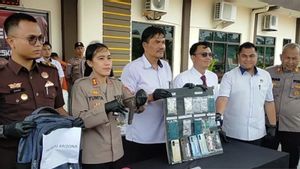JAKARTA - Researcher from the Center for Strategic and International Studies (CSIS), Muhammad Habib Abiyan Dzakwan, said that the development of a BUMN vaccine, which is now in the final stages of testing, shows Indonesia's ability to become a COVID-19 vaccine producer.
"We welcome the latest developments of this BUMN vaccine. It is time for Indonesia to stand on a par with developed countries to produce COVID-19 vaccines independently", said the CSIS Disaster Management Research Unit researcher, as quoted in a written statement received in Jakarta, Saturday, June 11.
According to him, the development of BUMN vaccines is important for efforts to build independence in providing vaccines, which is very much needed considering the COVID-19 pandemic is not yet fully over and it is still possible to reappear.
"We've seen some countries experience a rebound despite high vaccination rates", he said.
With a large population, Abiyan said, Indonesia needs the ability to provide vaccines independently to increase the immunity of its citizens against COVID-19.
The ability to produce COVID-19 vaccines independently, he continued, could reduce the burden of health costs from vaccine imports.
In addition, he said, domestically produced vaccines are certainly more in line with the characteristics of the Indonesian people.
According to Abiyan, the development of BUMN vaccines must be carried out by internationally applicable scientific principles in coordination with relevant experts and institutions such as the Ministry of Health, the Food and Drug Supervisory Agency (BPOM), and the World Health Organization.
He also conveyed the importance of providing research centers and vaccine production infrastructure at the regional level to achieve independence in vaccine production.
VOIR éGALEMENT:
"Collaboration with the private sector must certainly be taken into consideration to produce this national vaccine. Finally, a special committee is needed to ensure that funding for the production of this vaccine is available in a sustainable manner", he said.
Abiyan said the main challenge in developing BUMN vaccines in the future is to ensure the availability of vaccine raw materials in the country as well as an adequate supply chain and distribution of vaccines.
"We know that Indonesia is a very large country and consists of islands. So, the challenge is how to make this BUMN vaccine compatible with the cold chain at the public health center (Puskesmas) level", he said.
In addition, Abiyan said, SOEs should cooperate with religious institutions and civil society institutions in informing the benefits of SOE vaccines.
Abiyan said that the success of developing BUMN vaccines could increase national health security and support Indonesia's diplomatic efforts.
"Indonesia is no longer just a market for foreign vaccines but is also capable of becoming a world-standard producer. This means that the vaccine is also very possible to become a new export commodity from Indonesia", he said.
The English, Chinese, Japanese, Arabic, and French versions are automatically generated by the AI. So there may still be inaccuracies in translating, please always see Indonesian as our main language. (system supported by DigitalSiber.id)
